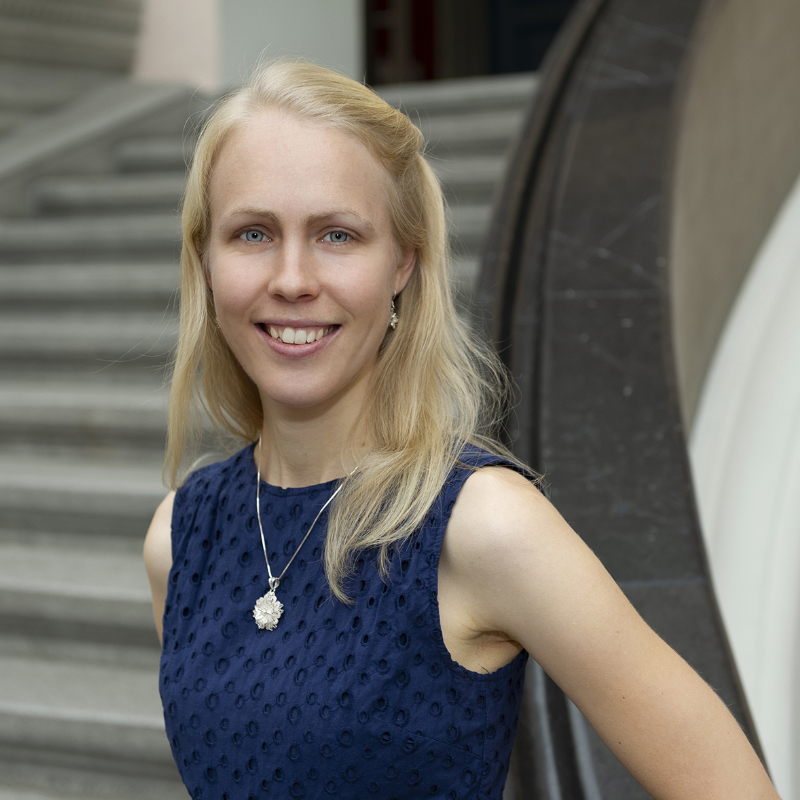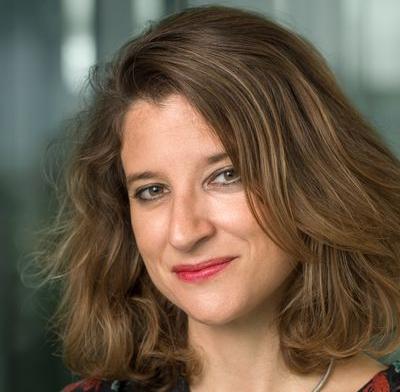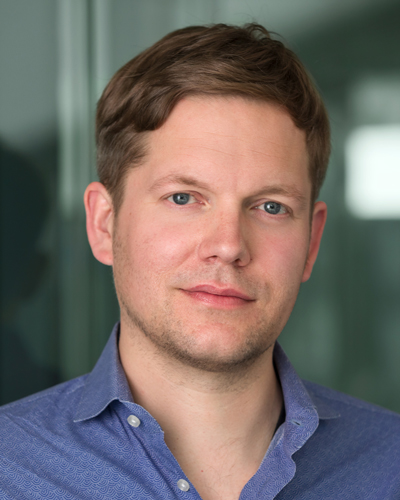Gender (a-)typical educational choices
Like most high-income countries, Switzerland faces a high degree of gender segregation in the labor market, underpinned by both social norms and institutions. The unequal occupational specialization has far-reaching consequences, as female-typical occupations are associated with lower earnings and a higher risk of unemployment. The transition from school to training or higher education is one of the most important milestones in this process, as the choice of field of study determines future occupations. Against this background, the aim of this project is to study this decision-making process of young men and women. A first work package will study the determinants of gendered study choices. It will analyze the role of (stereotypical) student characteristics in the choice of subject in university studies, as well as the role of expectations regarding family formation on gendered field-of-study choices. To analyze these issues, longitudinal panel data from Switzerland’s TREE1 and TREE2 cohort studies that follow individuals over their educational career and into the labor market will be combined with choice experiments embedded in a representative survey of high school students in Switzerland. A second work package will implement and evaluate an information intervention that motivates young people to consider a non-stereotypical subject of study. So far, the literature has been almost exclusively focused on how to attract more girls and women to traditionally male-dominated STEM (science, technology, engineering, and math) fields. Much less attention has been devoted to the question on how to attract boys and men to traditionally female-dominated HEAL (health, education, administration, and literacy) fields. However, the importance of HEAL jobs in the economy has expanded substantially over the last half century due to both demographic and technological transformations, and a continued growth of HEAL occupations will require a better use of male talent in these functions. This work package will develop and implement a randomized control trial (RCT) to address how to attract boys to HEAL apprenticeships. The RCT will evaluate different informational treatments that emphasize (i) employment security in HEAL jobs, (ii) the growing representation of males in HEAL jobs in the last decade, (iii) employers’ demand for greater gender diversity.

Prof. Anne Brenøe
Project Leader
Department of Business Administration

Dr. Benita Combet
Project Leader
Department of Sociology

Prof. Marco Giesselmann
Project Leader
Department of Sociology
Data used
We have conducted surveys among Adolescents who are searching for apprenticeships in the German-speaking parts of Switzerland. These surveys elicit students' beliefs about their own fit into various occupations, their own search process, and search outcomes for those in 9th grade. The anonymized data will be publically available once the project is completed.
For further information about the project and data availability please contact: anne.brenoe@econ.uzh.ch